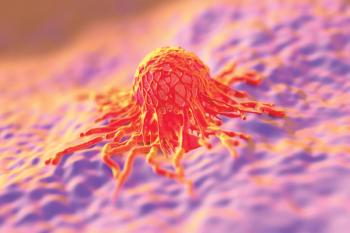
The trial is evaluating tisotumab vedotin administered every 3 weeks for the treatment of patients who have relapsed or progressed on or after prior treatment for recurrent or metastatic cervical cancer.

Your AI-Trained Oncology Knowledge Connection!


The trial is evaluating tisotumab vedotin administered every 3 weeks for the treatment of patients who have relapsed or progressed on or after prior treatment for recurrent or metastatic cervical cancer.

The FDA approved pembrolizumab for IV injection for the first-line treatment of patients with unresectable or metastatic MSI-H or dMMR colorectal cancer.
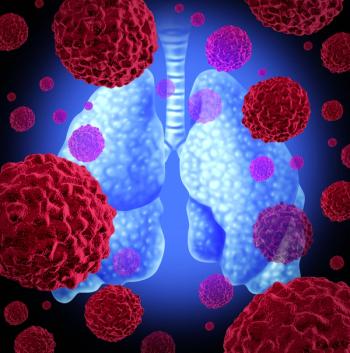
Combining tislelizumab with chemotherapy improved progression-free survival compared with chemotherapy alone as a frontline treatment in Chinese patients with advanced squamous non-small cell lung cancer.

The FDA approved phesgo for injection under the skin to treat adult patients with early and metastatic HER2-positive breast cancer.
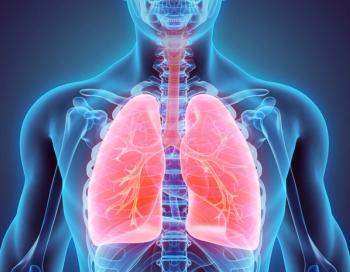
Patients enrolled in this open-label trial have p53-mutated extensive disease small cell lung cancer (SCLC) and are being treated with second-line topotecan following administration of ALRN-6924.
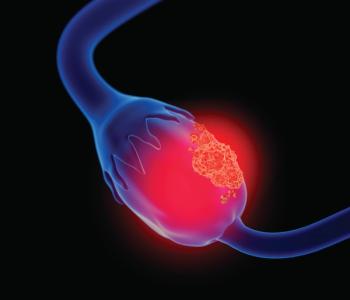
The results of the trial demonstrated that maintenance olaparib provided an unprecedented improvement in median OS versus placebo in patients with platinum-sensitive, relapsed ovarian cancer and a BRCA mutation.
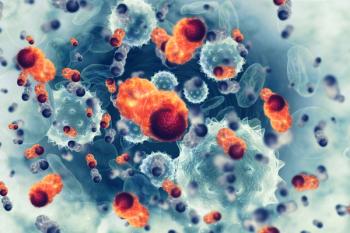
Nirav Niranjan Shah, MD, discussed the study of patients with relapsed diffuse large B-cell lymphoma achieving only a PET/CT positive partial remission and what it means for this patient population.
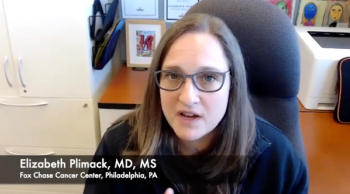
Elizabeth Plimack, MD, MS, discussed the depth of response for patients included in the KEYNOTE-426 trial investigating axitinib and pembrolizumab over sunitinib for patients with advanced renal cell carcinoma.
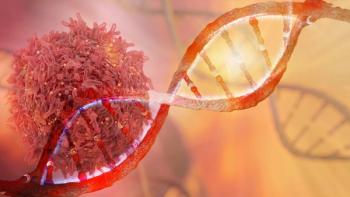
Results from the phase 2 ZUMA-5 study indicated that axicabtagene ciloleucel (axi-cel) may be a promising approach for treating this patient population.
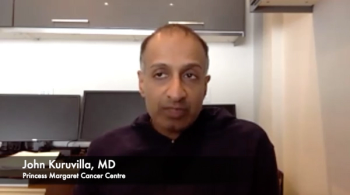
The expert in hematology discussed the next steps for the trial and what the goals are for the use of pembrolizumab in this patient population moving forward.

A survey of patients in Germany found that this patient population needs efficient counseling, as well as a standardized surveillance program to help increase adherence and psychological coping.

The director of Molecular Pathology and assistant professor of Pathology at Cedars-Sinai spoke about the use of NGS testing to match patients with targeted therapy.

Tepotinib demonstrated durable clinical activity in patients with locally advanced or metastatic non-small cell lung cancer who harbor a MET exon 14 skipping mutation identified through liquid or tissue biopsy.
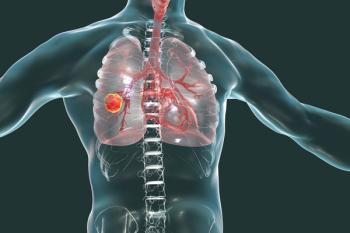
The updated findings indicated that alectinib demonstrated a clinically meaningful improvement in overall survival compared with crizotinib in patients with ALK-positive non-small cell lung cancer.
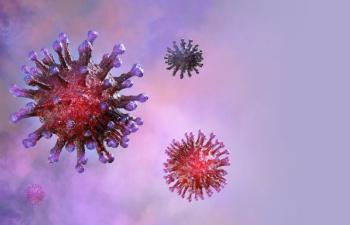
A study of patients in the pandemic epicenter found that the outcome of COVID-19 is worse among those with cancer and will have a lasting impact on those undergoing treatment.

The new website platform will include patient-reported data from clinical trials, capturing relevant information about disease- or treatment-related symptoms.

The FDA approved oral selinexor for the treatment of adult patients with relapsed or refractory diffuse large B-cell lymphoma after at least 2 lines of systemic therapy.

Study presented at the AACR Virtual Annual Meeting II supports an increased role for genetic testing in these patients.

The FDA approved an expanded indication for the HPV 9-valent vaccine, recombinant for the prevention of oropharyngeal and other head and neck cancers caused by HPV types 16, 18, 31, 33, 45, 52, and 58.
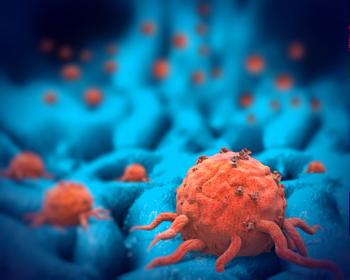
The phase 3 PROTECTIVE-2 (Study 106) trial met its primary and secondary end points in preventing chemotherapy-induced neutropenia following treatment with plinabulin in combination with pegfilgrastim.

Pegfilgrastim-apgf is indicated to decrease the incidence of infection, as manifested by febrile neutropenia, in patients with non-myeloid malignancies receiving myelosuppressive anti-cancer drugs associated with a clinically significant incidence of febrile neutropenia.

Due to population changes alone, researchers indicated national cancer-attributed medical care costs in the US are considerable and predicted to increase dramatically by the year 2030.
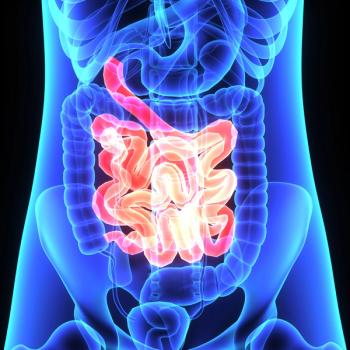
The FDA approved nivolumab for the treatment of patients with unresectable advanced, recurrent or metastatic esophageal squamous cell carcinoma after prior fluoropyrimidine- and platinum-based chemotherapy.

The American Cancer Society published new guidelines focused on staying at a healthy weight, staying active throughout life, adhering to a healthy eating pattern, and avoiding or limiting alcohol.

A recent study, sparking further trials for investigation, saw improved clinical outcomes and reduced markers of inflammation for patients with severe COVID-19 after treatment with acalabrutinib, a selective BTK inhibitor.

The MD Anderson Cancer Center expert spoke about the disconnect in women who are at risk for ovarian cancer to actually receive genetic counseling.

Recent data suggests that, while short delays beyond 5 weeks after surgical resection of glioblastoma did not negatively impact survival outcomes, early initiation of chemoradiation before 3 weeks could be detrimental to patients.

This is the first FDA approval for this patient population.
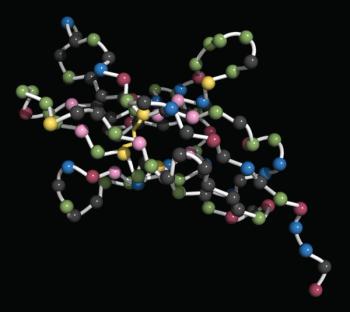
The FDA granted accelerated approval nivolumab plus ipilimumab for the treatment of advanced hepatocellular carcinoma in patients who were previously treated with sorafenib.
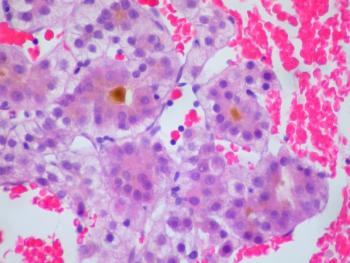
The case of a 64-year-old white woman with hepatitis C virus infection-related well-compensated cirrhosis with hepatocellular carcinoma recuurence.